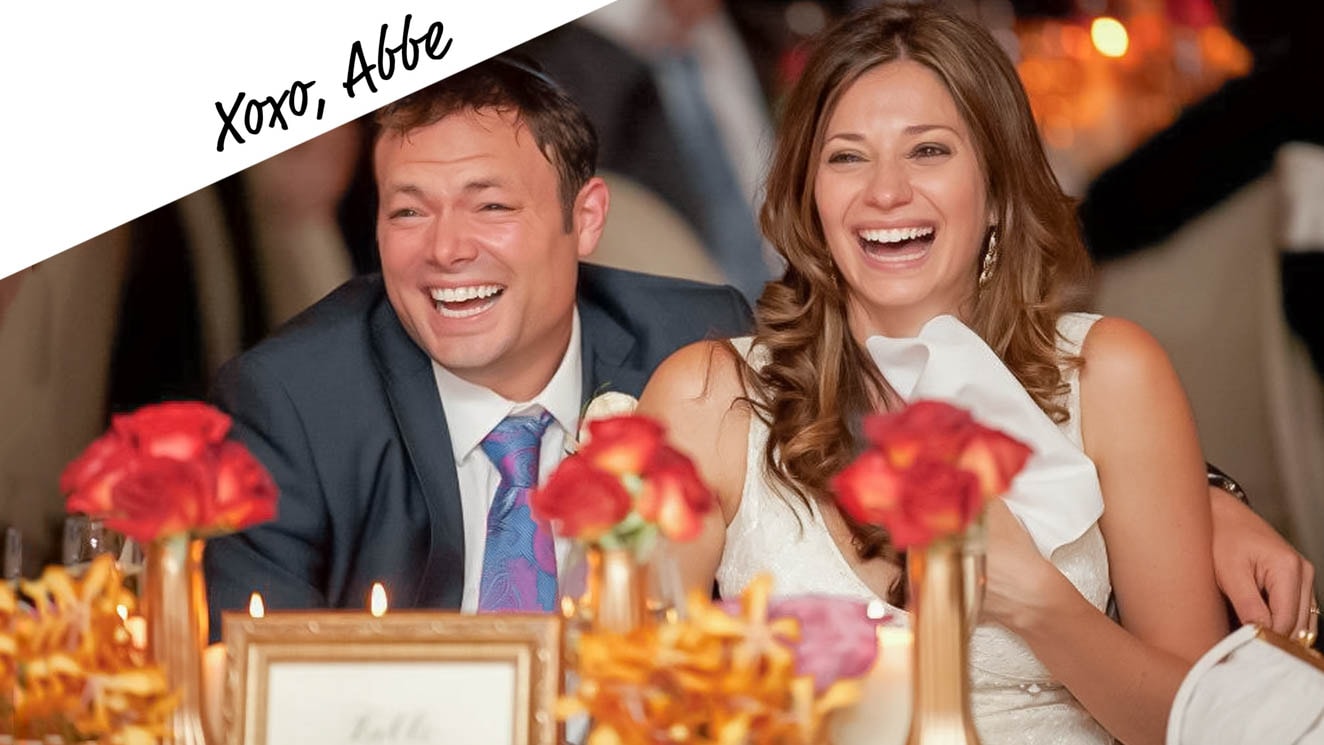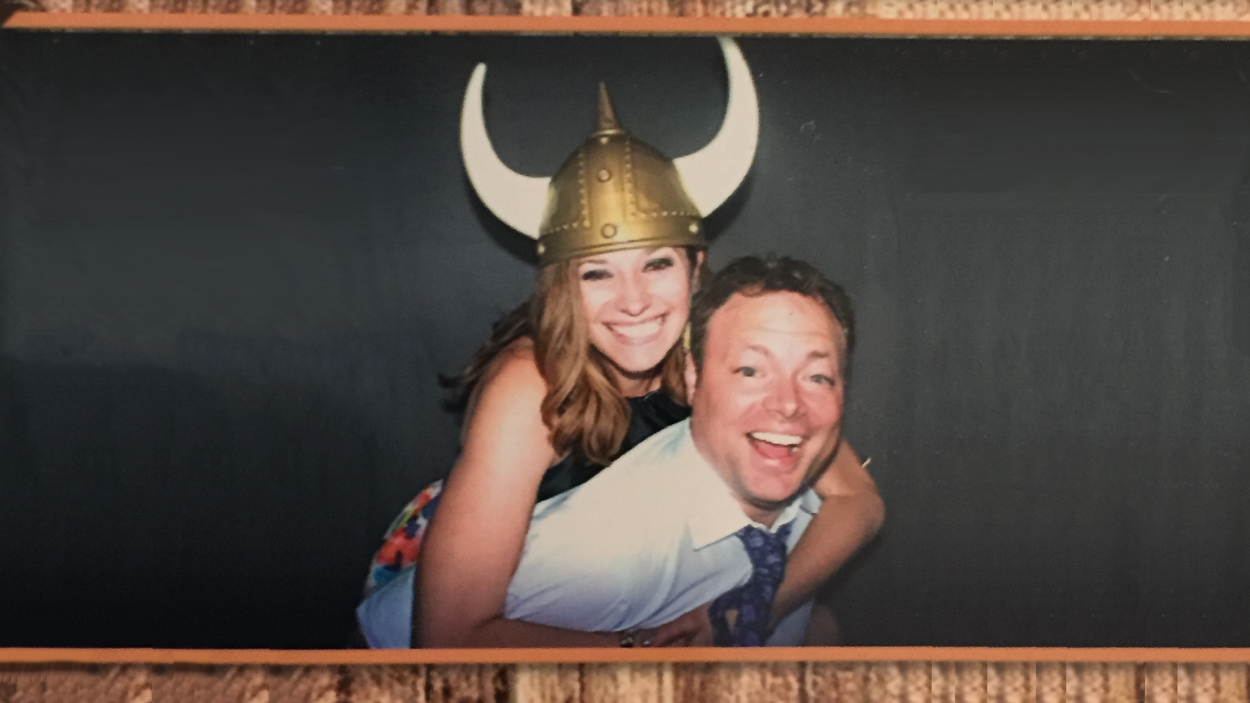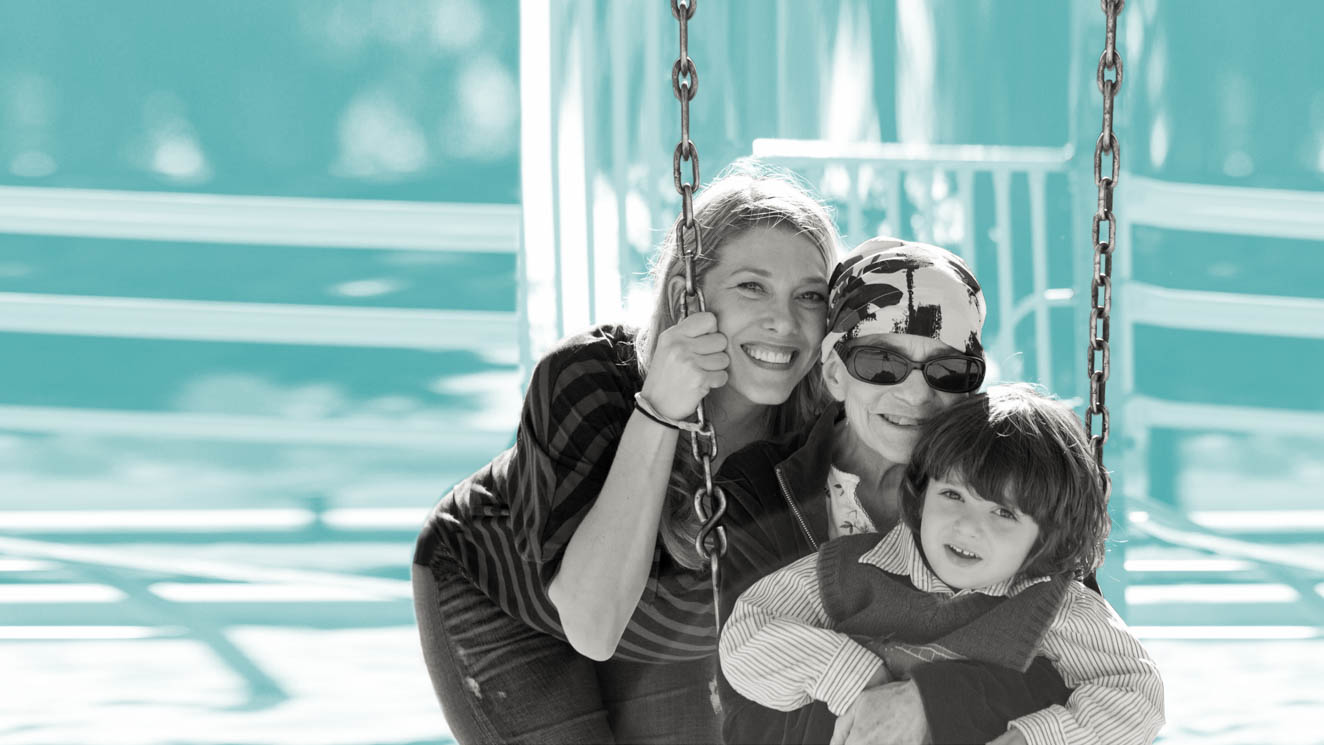

It was a Friday afternoon, and when I arrived at daycare to pick up my toddler twins, three moms were already there waiting. I don’t usually see or shmooze with the other parents; we don’t not shmooze, but with the rushing around and the small children who need to be wrangled into cars, it’s usually a small tornado rotation of getting everyone properly situated before pulling away. But on this day, as I walked up the driveway, I noticed that all three moms had beautiful baby bumps. Second little ones on the way.
Within seconds, a massive pang hit my heart and I nearly burst into tears. It was a feeling I knew well, but one I hadn’t experienced in a long time. For six years I’d tried to get pregnant, for six years I dealt with infertility, and the pangs of jealousy I’d gotten so used to living with during that time came rushing back in an actual heartbeat. Never mind that I did, finally, get pregnant and have healthy twins. What I felt in that moment wasn’t anger at or even jealousy of these moms, it was more of just a feeling of loss for me.
The thing is, seeing these beautiful round bellies brought me right back to the trauma of my six-year journey: daily grief, attempts at hope, lost hope, doctors’ waiting rooms, and awkward family events during all those years while I was waiting to become a mother. Seeing these three swollen bellies brought in a rush of thoughts and questions. Was it easy for them? Did they plan it? Do they want more? Do they have morning sickness? Other symptoms? Are their husbands being supportive? Have they told their firstborns?
But that was only part of it. I can’t have more children. I had one of those births where in the “olden days” I’d have bled out and not been here to tell the tale. After my twins were born, my uterus didn’t contract as it was supposed to and I had to have an emergency hysterectomy. I didn’t think much about it then or after the fact. I was busy with newborn twins! Moreover, I was LUCKY, because I lived, because I had the privilege of access to healthcare and state of the art medical technology, and because I had what I’d wanted most: two healthy babies. There wasn’t a need to process it in depth.
I realize there is a huge mental and emotional jump from “I had a hysterectomy,” to really acknowledging “I can’t bear children anymore.” Of course, they amount to the same thing; one follows the other. But it turns out I do have feelings about my loss, which I only realized when I saw these three pregnant moms standing together at the daycare. I’ll never have the choice to become pregnant again. Even though it would likely have taken another Herculean miracle for me to get pregnant and carry another baby, and we had no idea if we’d ever even try again, having the option would be nice. But there is finality, there is no option.
So what if I did make an effort to properly mourn my uterus? I had actually started thinking about the idea of having a “pink party” right around the time that Covid hit. I imagined a uterus piñata (they exist), a room full of supportive women, signature cocktails with fallopian tube straws, and having something symbolic to burn — all to say thank you to my womb for creating miracles and bidding adieu to it. It didn’t happen, and I hadn’t thought about it much since. If it had happened, though, would it have helped? It strikes me as a sort of grand gesture to avoid sitting with the meaning and maybe the sadness I’m probably supposed to address sooner rather than later.
On that Friday afternoon, seeing these fertile women excited to expand their families — and knowing that this will never be possible for me — made me feel old and sad, useless in a world of useful people. Yes, I have my happy ending. I got my babies. But just because I have my happy ending doesn’t mean I can’t still grieve over the abrupt end to the childbearing chapter of my life.
I thought that once I emerged on the other side of my rainbow babies and became a mom, my fertility woes would disappear. I’d be done with infertility — as a label, as a feeling — because, well, the actual physical proof of the happy ending was here, earthside, in my heart and in my hands and in the cribs down the hall. But it isn’t so. Infertility is a diagnosed disease. Technically, I am a survivor, but it doesn’t make the ingrained memories of the pain go away.







